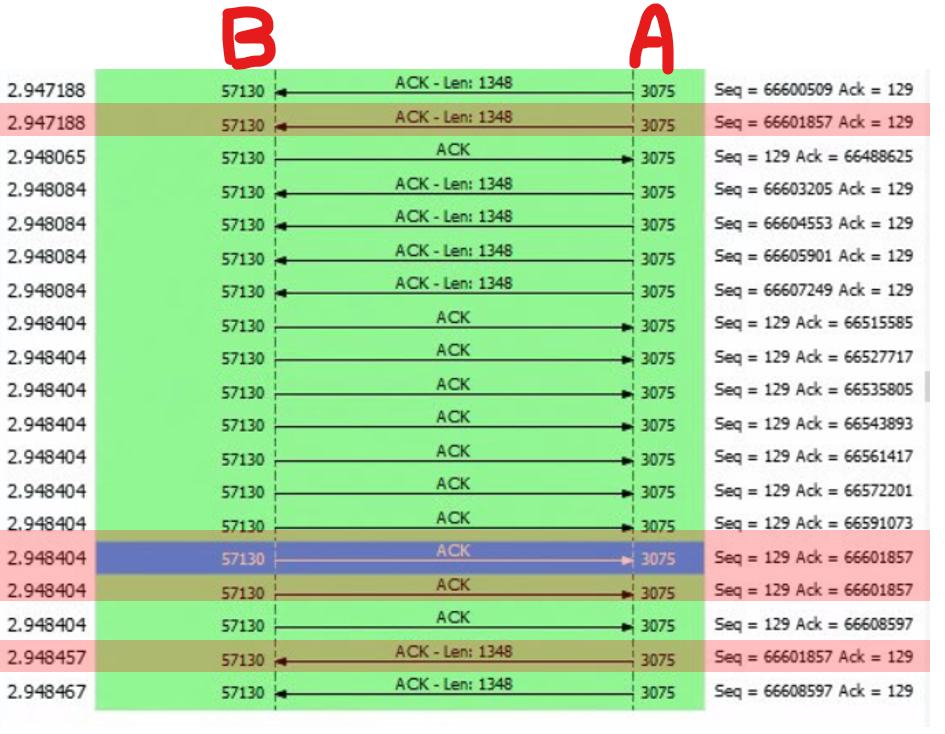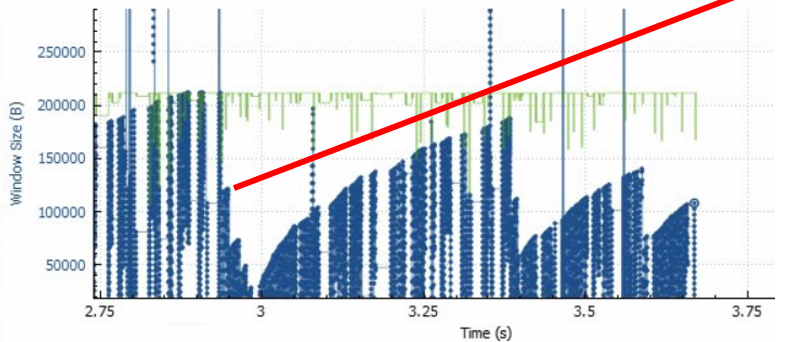Hello Joan,
This problem seems to be increasingly widely recognized by Windows users, but the response from Microsoft is slow.
For some time, the Microsoft TCP congestion algorithm has been moving away from simple "dup ack" counting to RACK-TLP Loss Detection (RFC 8985). The weaknesses in the early implementations seem to be acknowledged (for example, in this link: https://techcommunity.microsoft.com/t5/networking-blog/algorithmic-improvements-boost-tcp-performance-on-the-internet/ba-p/2347061), but the first major upgrade only appeared in Windows 11 (not retrofitted in Windows 10).
Unfortunately, this upgrade also seems to be buggy (see https://gary-nebbett.blogspot.com/2022/01/windows-11-tcpip-congestion-control.html).
The "apparent" retransmitting of data after it has been acknowledged is just an artefact of the packet capture/tracing process and multithreading: the retransmit is initiated/queued before the acknowledgement has been processed by the TCP stack.
Gary


